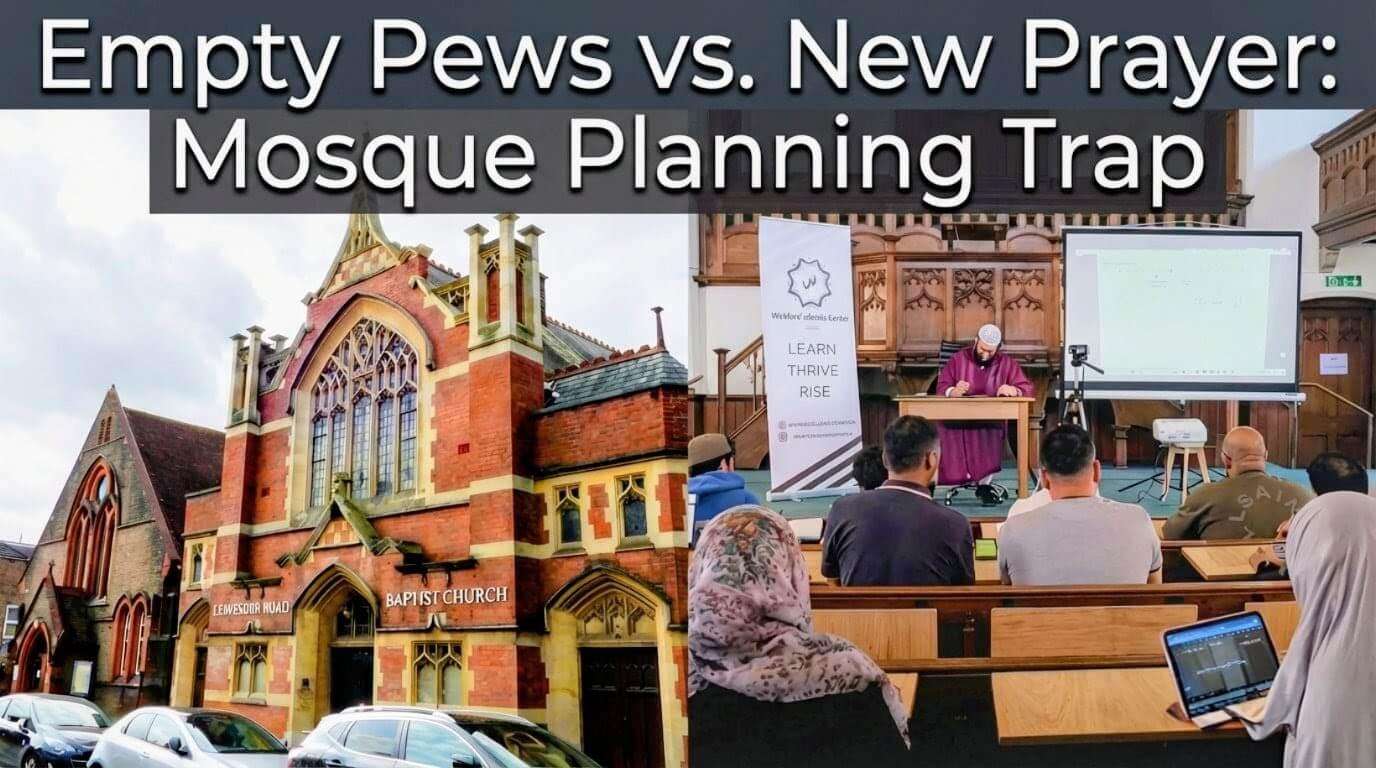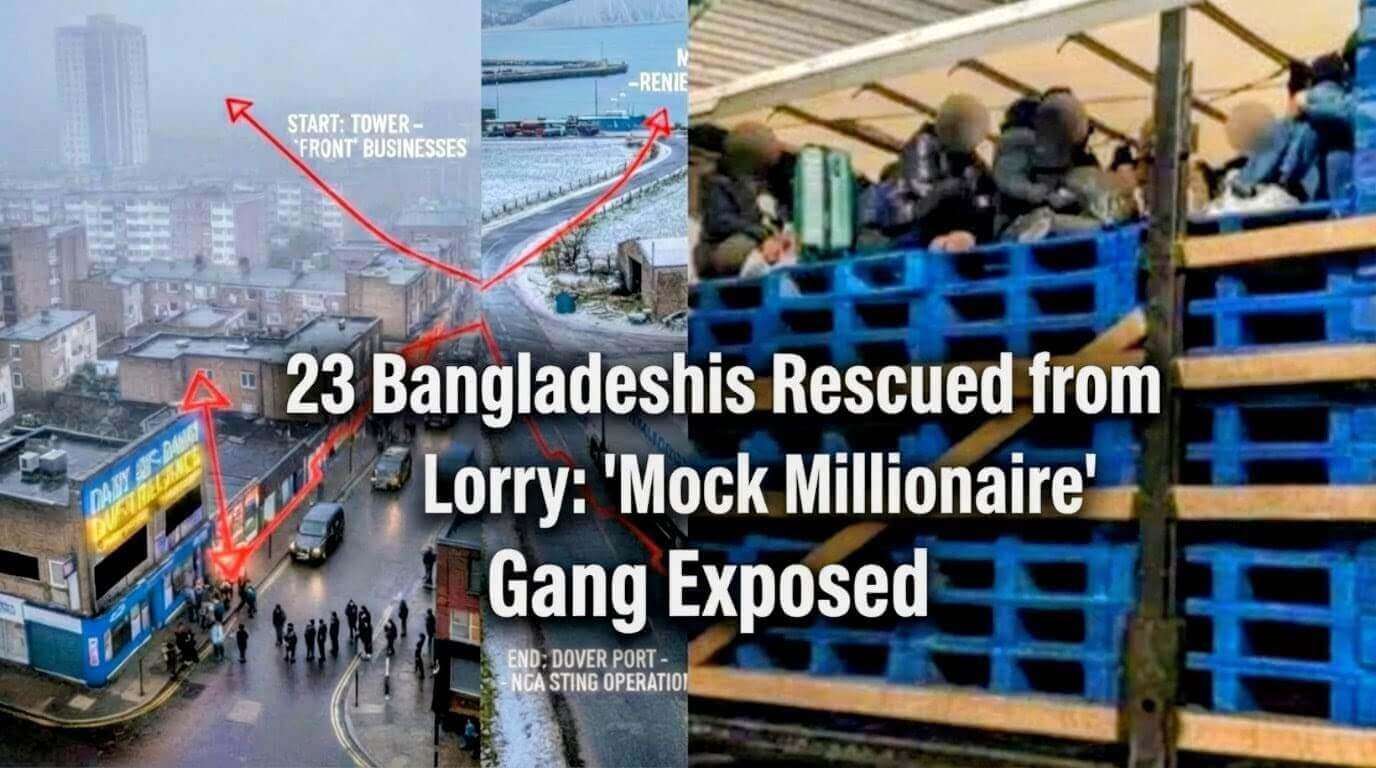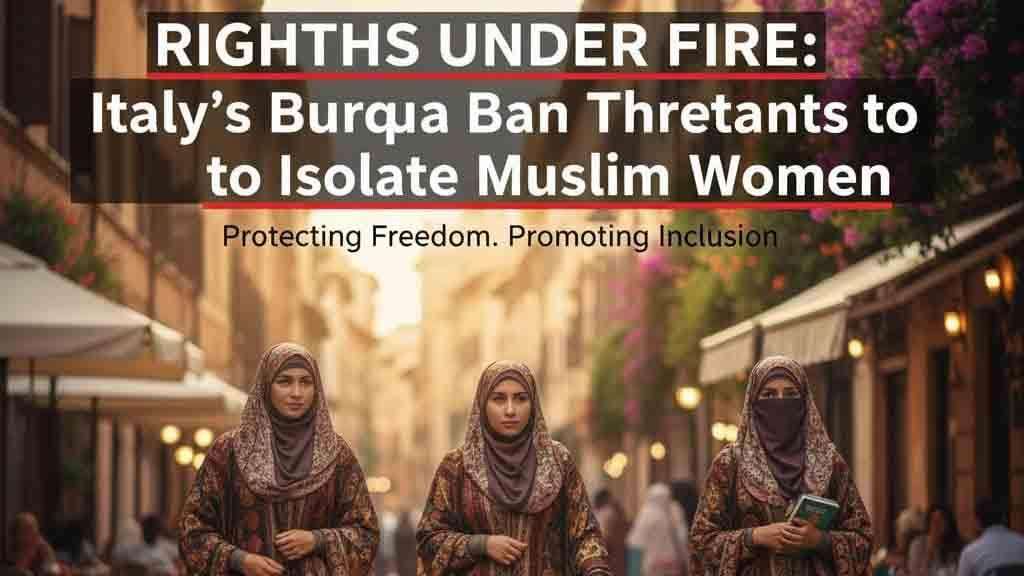The debate over adopting an official, non-statutory definition of Islamophobia has ignited a fierce public and legal row, pitching the essential need to protect the UK's most victimized faith community against concerns over free speech. A prominent Sikh organisation, the Network of Sikh Organisations (NSO), is preparing a judicial review against the government, arguing that the proposed definition is discriminatory and risks censoring legitimate criticism.
Yet, as the political temperature rises, official statistics paint a stark picture: the British Muslim community remains the most consistently targeted group in religiously motivated hate crimes, reinforcing the argument that a specific, robust measure is urgently required to tackle what advocates call "anti-Muslim racism."
The Stark Reality: Muslims as Main Victims of Hate Crime
The latest Home Office statistics for England and Wales (year ending March 2024) confirm a disturbing reality: religious hate crimes soared by 25% year-on-year, but the impact is disproportionately borne by the Muslim community.
| Perceived Religion of Victim | Number of Hate Crimes (England & Wales) | Proportion of Religious Hate Crimes (%) |
| Muslim | 3,866 | 38% |
| Jewish | 3,282 | 33% |
| Christian | 702 | 7% |
| Sikh | 216 | 2% |
The data shows that nearly four in ten (38%) of all religious hate crimes target Muslims. This is an intensification of a decade-long trend that human rights groups like the Runnymede Trust have termed a growing "epidemic of anti-Muslim hatred." The physical and verbal attacks, which often target mosques and Muslim institutions, have been on a sharp rise, particularly in periods following geopolitical conflicts. This systemic victimization is the primary reason the All-Party Parliamentary Group (APPG) on British Muslims, backed by the Muslim Council of Britain (MCB), has championed the definition: "Islamophobia is rooted in racism and is a type of racism that targets expressions of Muslimness or perceived Muslimness."
The Sikh Challenge: A Hierarchy of Rights?
The Network of Sikh Organisations (NSO), through its director Lord Singh of Wimbledon, is the driving force behind the threatened legal challenge. The NSO's opposition is rooted in a deep-seated fear that the APPG's definition is not a shield against bigotry but a political weapon that will inadvertently harm other minority groups.
The NSO's legal pre-action letter, sent to the government, contends that the definition is:
A Threat to Free Speech: It could be used to shut down legitimate historical and theological critique of Islam, potentially introducing "blasphemy laws by the back door," an anxiety shared by Communities Secretary Steve Reed.
Discriminatory against Sikhs: The group fears that central aspects of the Sikh faith—such as their historical records recounting oppression by Muslim rulers, or the religious prohibition on eating Halal meat—could be branded as "Islamophobic" under the proposed definition, thereby penalizing one faith to protect another. The NSO argues this creates an unwarranted "hierarchy of religions."
For NSO, the existing legal framework for hate crimes is sufficient for all, and carving out a special, separate definition for anti-Muslim hatred suggests that one group's victimization is uniquely deserving of attention. They emphasize that Sikhs are frequently victims of mistaken-identity Islamophobia due to their visible turbans, a form of hatred that, in their view, must be addressed comprehensively for all non-Muslims who are wrongly targeted.
The Way Forward: Seeking an Inclusive Definition
While the political theatre plays out, the consensus among Muslim leaders remains clear: the racism inherent in Islamophobia requires a specific, government-endorsed definition to drive institutional change in police forces, media, and public bodies. They argue that without it, the scale and structural nature of anti-Muslim prejudice cannot be fully acknowledged or tackled.
The government, facing pressure from both sides, is attempting a tightrope walk. A spokesperson for the Ministry of Housing, Communities and Local Government confirmed that "No decisions on a definition have been made," but reiterated a commitment to finding a definition that combats anti-Muslim hatred while "upholding the democratic values that underpin our society," including the fundamental right to freedom of speech.
For the UK’s largest faith-based hate crime victims, the official definition is not a matter of political point-scoring, but a crucial tool for safety, dignity, and recognition in a country where they are demonstrably the main target of religious prejudice.








.svg)



